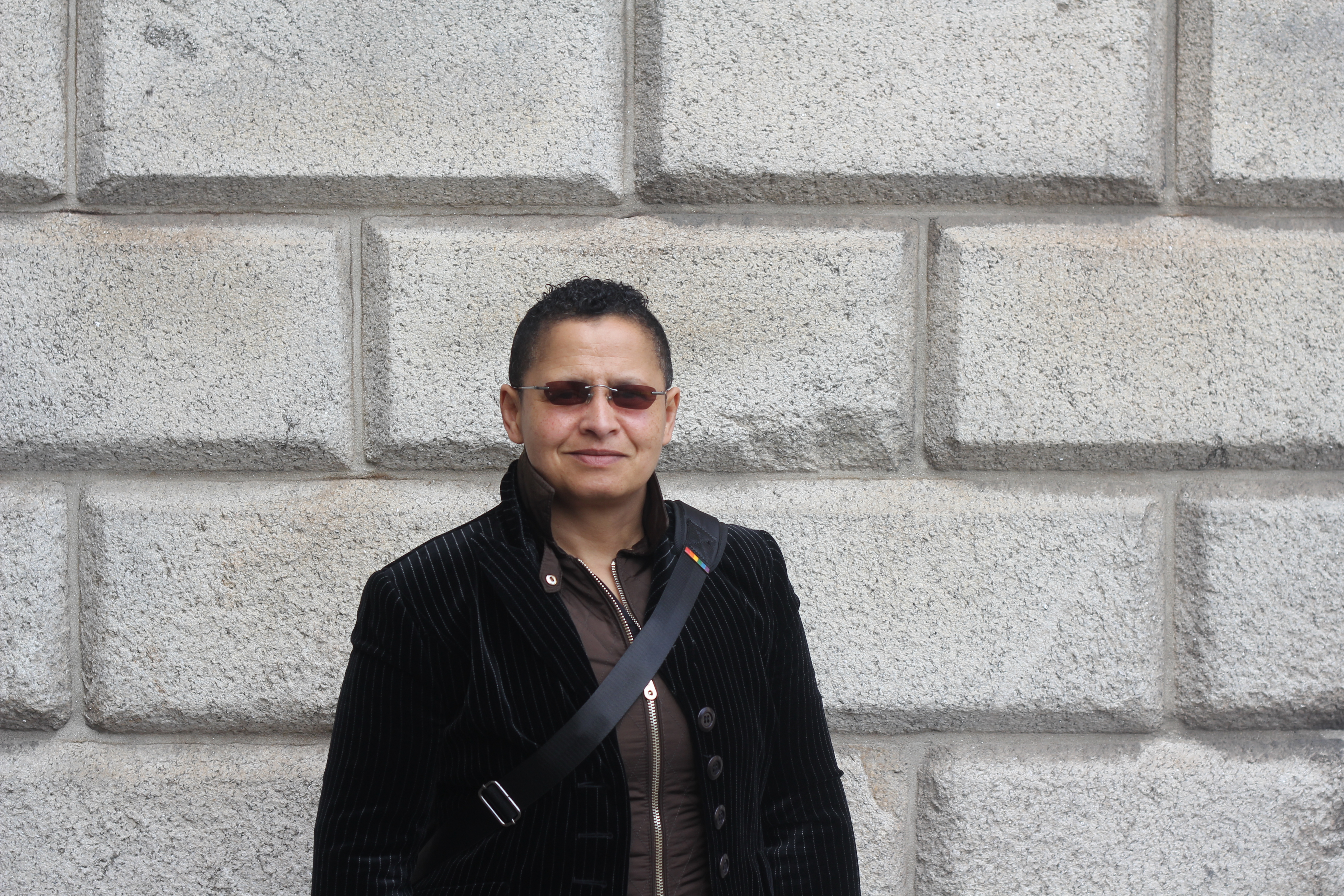Shaz Oye is a candidate in the Graduate Students’ Union (GSU) elections this year. She is running for the position of President against two other candidates. These are current GSU Vice President Gogoal Falia and current Arts, Humanities, and Social Sciences (AHSS) representatives Michael Sonne. Oye, who is studying an M.Ed in Music, is currently running on a joint-ticket with the sole Vice Presidential candidate Gisèle Scanlon.
Oye immediately outlined her upbringing, which she noted allowed her to “inform her experience of how people get here”, while it is focused towards postgraduate students. She also drew on her experience of having never attended university before, where she noted her attendance “on the basis of prior learning” as something which she wants to see more of.
She pointed to her “love of the GSU” as her main reason for contesting the position. Alongside this, she noted various roles she has taken in the past, such as being the Executive Director of the Dublin Aids Alliance (DAA), amongst others. She also pointed to her experience as the Gender Equality Officer in informing her views and understanding of the GSU, where she was immediately “thrown in during research week”, where she organised panel discussions, and other events.
Oye emphasised that “university should be about developing the whole person”, while noting the importance of engagement amongst students. Within her plan of “engagement, vision, and inclusion”, she hopes that she and Scanlon can allow students to integrate into college. She noted its simplicity, with implementations such as “listening clinics” and “being visible, so that when students knock on the door they have visiting hours”.
She also suggested upgrading the GSU’s induction programme, and attempting to receive accreditation for it. She noted the importance of continuing professional development to bring people into the GSU, providing them with added benefits. She acknowledged that this would not be an immediate change, but is something that will requiring “tightening up the induction package a lot”.
She pointed to the issue of re-entry visas, which she viewed as quite problematic for post graduate students. She acknowledged the calls from various students to advertise this issue. She noted that there were two aspects to this issue, in abolition of re-entry visas, and a short terms solution. She criticised the campaign’s effect on students, who she argued “need to be mobile” in order to complete their research. While calling for a short term fix to this issue, Oye did point out that she would also support the abolition of the visa.
Oye also noted that postgraduate students are often seen as a “quick fix” that is used “to plug the gaps in higher education”. She argued that it was necessary to stop this, and that there are various mechanisms within college that need improving to match this high cost. She called this “the recognition of postgraduate rights”. She said that the GSU need to be “starting the conversation with our allies in college”, to introduce this thinking and discussion around these right and responsibilities.
She also pointed to the issue of finance within post-graduate studies. She noted that there was sometimes a lack of clarity within bodies that post-graduate studies, and that it was up to the GSU to talk to these funders and attempt to clarify such funding methods. She noted the importance of an accessible set of instructions, which she suggested could also be provided by academic registry. Oye acknowledged that post graduates are simply looking for the “recognition of their sweat equity”.
Oye also addressed concerns around postgrad spaces. She pointed out that they are “just north of 25% of the student body, but I don’t think we have 25% of the student space”. While acknowledging the dispersed nature of postgraduate spaces, she acknowledged the importance of providing spaces to those who require it. She also recognised the importance of postgraduate accommodation, which she suggested may need to be refocused from those “who may not need it”, due to proximity to campus, amongst other things.
She also outlined her intention to ensure more choice for postgraduate students seeking accommodation, who are placed in “inappropriate” accommodation within Trinity, which sees them in areas described as “party central”. She also noted that solving the accommodation crisis was “not within the purview of the GSU”, and that “the only workable is if we are actually working with college on it, finding information and somehow keep costs down, or bring more money into the system”.
She outlined her intention to carry out an LGBTQ survey, as she is interested in finding out “what percentage of our community across our campuses identify as members of the LGBT community”. She intends to identify their needs and views of inclusivity in campus, and give them a voice to identify necessary changes and policies. She said that it was vital to understand the spaces they were creating for LGBTQ students.
She also suggested the idea of a rolling orientation week, which she believes is necessary with the change in term times. She noted that this affects international students, orr those who arrive in college late, as they miss the initial integration periods. She also again attributed this to visa issues. This would simply involve quarterly re-ran events to allow new students, and people who want to come back, to continue integrating into college life.
Oye noted that her approach in leading the GSU will not be the same as in previous years. She noted plans to “transform the GSU”, which she acknowledged will have to happen slowly. She stated that while they have “big ticket items”, they will also focus on inclusion and short term engagement. She noted that within this, some people may not like her politics, but this was the nature of the role. She also noted that “they have to show them what the value of being involved is, and what you can do”. She concluded by saying that she wanted to “engage them in [her] vision”.






